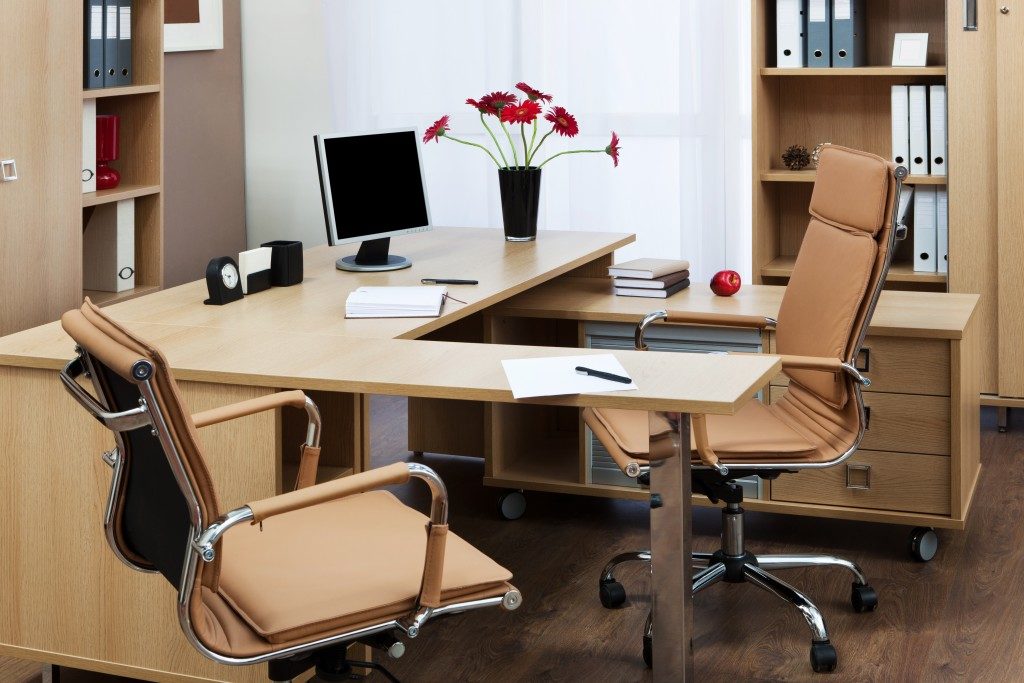A clean and organised workplace is essential for promoting productivity and reducing workforce stress, but if there’s one aspect or concept of cleanliness that’s oftentimes overlooked in the office, it’s hygiene. Sure, an office can look tidy, clutter-and-stain-free, but by ignoring the importance of hygiene and sanitation, your workers can easily get sick, which can affect their productivity and even result in lost work hours due to absenteeism.
As such, we’ll be taking a look at the essential office hygiene tips to help you achieve a holistically clean workplace and a happy and productive workforce:
#1 Employee Training and Awareness
Your workers should be duly trained and instructed not only to clean and tidy-up their workstations but also to observe good hygienic practices in the workplace. This may also include reminders to wash and sanitise their hands after handling food, using the restroom, and touching any surface that may be riddled with bacteria and germs. It’s also important to make them aware of the repercussions if they fail in doing so, such as getting themselves and their officemates sick, which can affect their productivity, impact their quality of life, and miss work.
#2 Provide Hand Sanitizers Around the Office
From the washrooms to the pantry, near doors, and the office production floor, there should be an abundant and accessible supply of hand sanitizer in the office. Doors are notorious for ‘collecting’ and spreading bacteria and germs to anyone that touches them, which is why every entry and exit way should have hand sanitiser dispensers beside them. This may seem quite costly, but you just have to remember how much more it would cost your company if your workforce starts to get sick due to poor office hygiene.
#3 Use Hygienic and Antibacterial Surface Materials and Door Covers
We’ve mentioned earlier how bacteria-infested doors can be, which is why you can further improve office sanitation by installing antimicrobial door (and even window) handles, or even antibacterial handle covers that effectively kill germs on contact. For office lavatories, consider getting one of those handles that allow one to open the door with their wrist or foot to prevent hand contamination. Likewise, you should also use more hygienic materials for tables, cubicles, and pantry surfaces such as compact laminate panels which also have the added bonus of being durable, fire-resistant and aesthetically pleasing. There are even companies in NZ that produce compact laminate panels that are antibacterial certified.
#4 Ensure that Your Office Computers are Free From Viruses (Literally)

An article posted by the National Center for Health Research showed that the average desktop set (keyboard, mouse, and monitor) have 400 times more bacteria than toilet seats. This is exactly why offices should regularly clean and sanitise computers, particularly the mouse, keyboard, and the surface beneath them every day (before and after work), especially if these desktop units are shared by multiple office workers.
#5 HVAC Filter Maintenance
In order to combat airborne viruses, germs, and bacteria (as well as allergy-triggering particles), it’s important for your office to have an HVAC system with HEPA filters that improve air quality. Likewise, these filters should be cleaned and replaced regularly to ensure that they continue to provide clean and hygienic air for your office.
The Takeaway
It’s not enough for an office to be clean and organised; it also needs to be sanitary and hygienic in order to safeguard your office workers’ health and productivity. So go beyond what’s simply visible (i.e. trash, stains, and clutter) and pay closer attention to the microscopic threats that may be putting your worker’s health at risk by following the basic office hygiene tips we’ve discussed. Health is wealth, after all.

